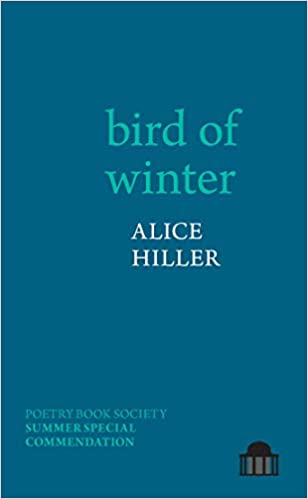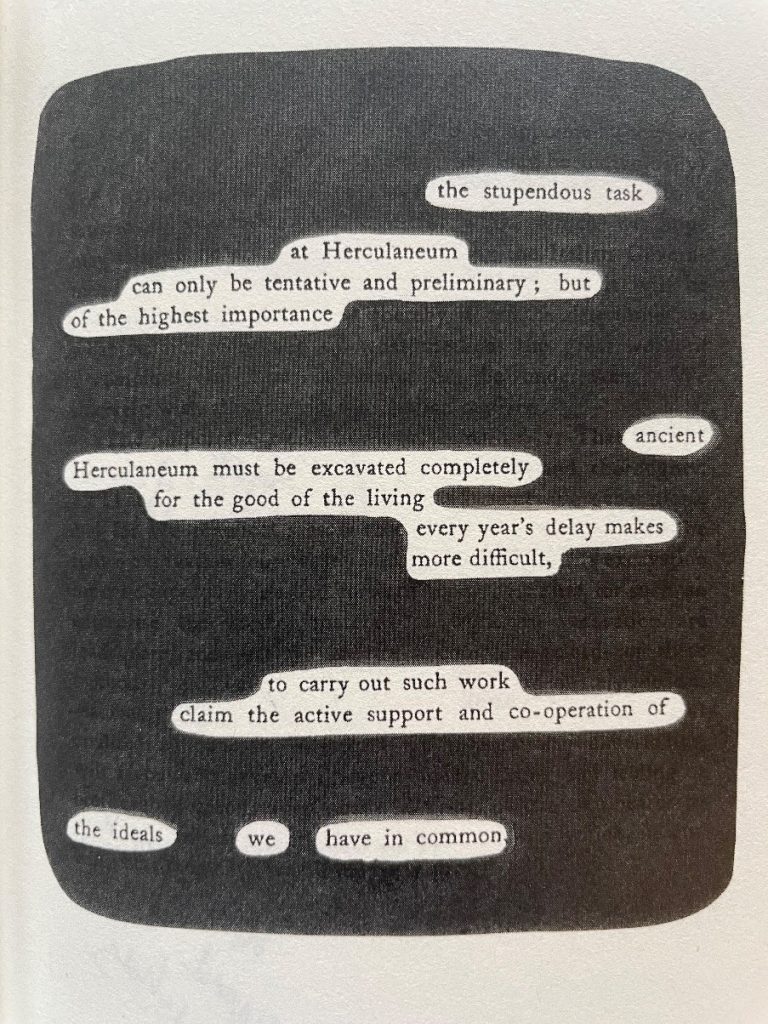bird of winter (Shortlisted; Forward Prizes for Best First Collection)
Alice Hiller
(Liverpool University Press, 2021); pbk £9.99
Alice Hiller’s potent debut collection, bird of winter, commands respect and reverence. Composure is required to absorb this essential and courageously intimate exploration of sexual abuse. When first reading the opening poem, ‘o dog of pompeii’, I snapped the book shut, a reflexive response to the explicit depiction of a gravely taboo subject. Hiller elicits a visceral reaction in me so powerful that perseverance with the remaining poetry is compelling and crucial. In these first lines, she establishes what to expect of the entire collection. Through the strong and clear imagery of Pompeii and Herculaneum she relays the excavation and examination of her own story of abuse, the breach of trust that can’t but leave its victim stone cold, coercing silence, like the carbonised dog; ‘your howl was buried under… metres of ash and pumice’. The intention is set- ‘I want to say who bent your neck… I want to release your studded collar’- and also the resurrection. The poet offers early reassurance that resolution is paved through these pages as a journey both reader and writer makes through disturbing shifts in perspective. The “I” remains intact;
I find you at last brought back to me whole
mosaiced to life and risen again [.]
Hiller’s fearless writing is neither crude nor violent despite indicating unbearable violations. The specifics and long-standing impact of abuse are rarely written with such tender flair; the juxtaposition provokes discord even as its evocative poetics offer a safeguard for the reader. Sensitive lines soften the reality of unspeakable abuse; Hiller chooses sparse and veiled language, yet transparent enough to conjure horror. Visually the collection is a bold but anxious blurt of unstable forms, partial shapes, incongruent fonts and scattered layouts. Untitled poems are sporadically positioned throughout, set within a block of ink from which random text boxes spit out self-expression that defies concealment.
The lack of white space echoes back the darkness of Hiller’s story and the bleak voyeuristic experience offered to the reader. Yet the words are cathartic, proud, persistent and we are compelled to read to further our understanding of a violation perturbingly common.
By experimenting with form and ink the poet conveys the anguish and difficulties of writing trauma. However, the three repeated compact arrowhead configurations in ‘sagittae’ offer a distinctly defiant statement of confidence and revival, in contrast to the tiny textual fragments whispered throughout, crouching in corners of pages revealing the poet’s enduring vulnerability. But Hiller writes them anyway, and this is the triumph of the collection, we feel her agency fly from the pages. As a bird of winter with ‘no chirrups from its swollen beak’ Hiller exhumes her way back to self, clutching at memories of love felt from father and grandmother alongside the support of medical experts. We admire the self-individuation from a childhood so dark:
you’re thirteen you must grow up although the chaffinch keeps
and separate from your mother fluttering onto the curtain rail
you can’t live at home it is not strong enough to fly [.]
Alice Hiller’s bird of winter is a collection that epitomises the redemptive power of returning to trauma through the painstaking process of rememory. If Susan Sontag is right that ‘there is beauty in ruins’, within these scattered poetic fragments is astonishingly tender poetry built from her own buried and broken remnants of a child self. Through dynamic form and the powerful imagery of excavated histories, that offers a deeper awareness of the reality of sexual abuse and the consequent devastation, Hiller reclaims a voice that we are compelled to hear. This is a poet so brave, resolved to gather the ruins of an appalling early childhood and redefine herself as more than a catastrophic moment in time.
Victoria Lothian



Leave a Reply